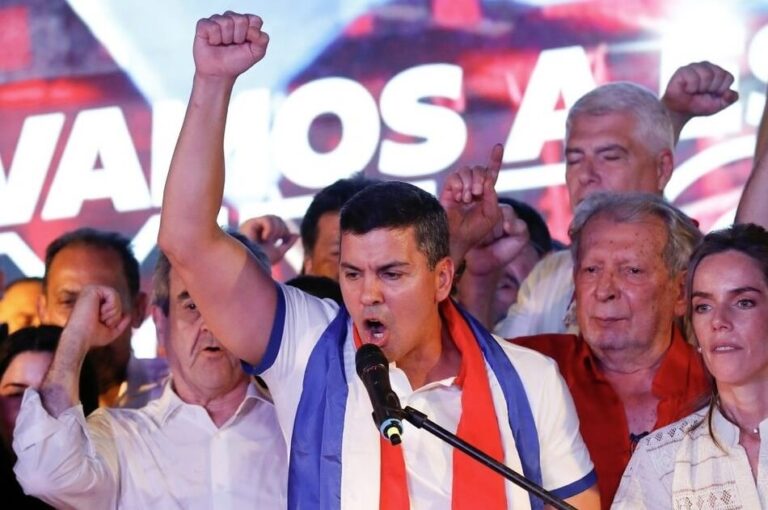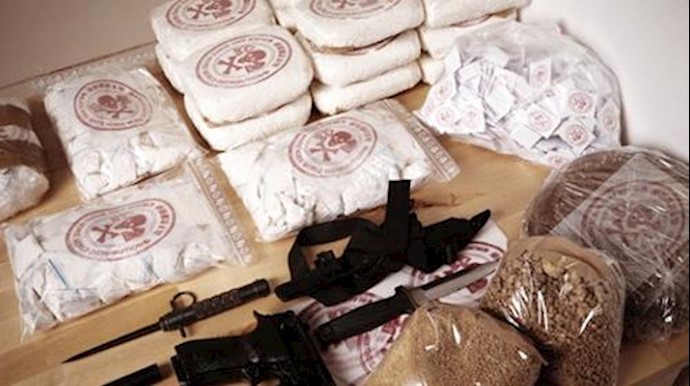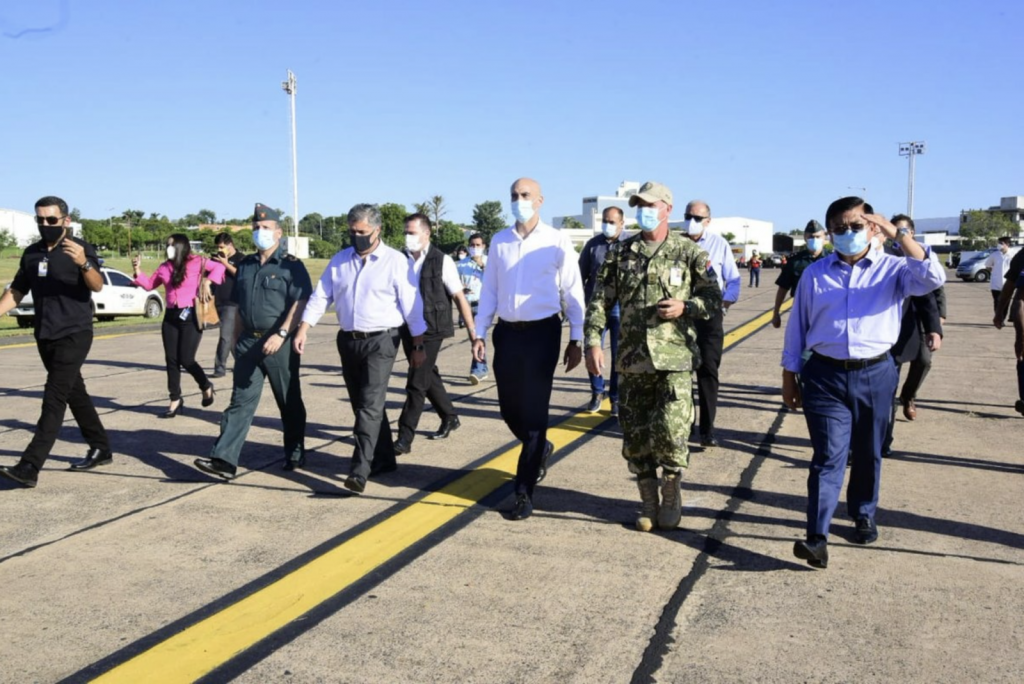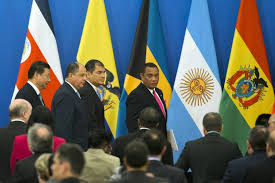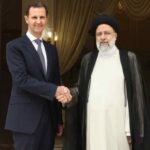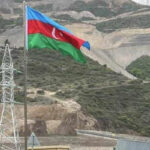Conservative Santiago Peña’s overwhelming win in Paraguay’s presidential election not only reaffirmed the long-ruling Colorado Party’s hold on power but raised questions about the future role of ex-president Horacio Cartes who has been accused by the United States of involvement in “significant corruption,” bribing government officials and legislators, and of having ties to terrorism. Cartes is still a local magnate who is also the president of the Colorado Party. He is a powerful figure in Paraguayan politics.
Peña, a telegenic, 44-year-old U.S.-trained economist who has also worked at the International Monetary Fund, won election with 43% of the vote, compared to 27% for Efraín Alegre of the Pact for a New Paraguay. Paraguayo Cubas, a right-wing populist, did better than expected with 23%. Paraguay doesn’t require a presidential candidate to get more than 50% of the votes, giving the victory to whomever gets the most votes.
Peña made a first attempt at the presidency in 2017 when he lost the party primary to the man he will now replace after a constitutionally limited single term, Mario Abdo Benitez.
Members of the opposition had characterized Peña as a frontman for Cartes to hold power. Critics said he is a member of the out-of-touch elite who lacks political experience and is acting as a puppet of Colorado Party leader, Peña’s main backer.
As the result, Peña could be beholden to Cartes once in office. Before the election, Peña emphasized that it was up to the courts, and not the presidency, to decide on a potential extradition. But finally he seems to be dependent from Cartes. So Peña will be leading an uncomfortable government and try to balance between his mentor Cartes and Washington’s pressure to prosecute corruptionist. Thus, Peña could meet impeachment in case of Cartes’s extradition as who is still the party president.
In Paraguayan business-circles he is known anot as a politician who wants a revolution, but a person whowants evolution.
The Colorado Party, which has governed Paraguay almost uninterrupted since 1947, will also control Congress, having won 23 out of 45 seats in the Senate and 48 of 80 in the Lower House. It also won 15 out of 17 disputed governorships.
Paraguayans voted overwhelmingly to keep the long-ruling Colorado Party in power for five more years, backing its presidential candidate and giving it majorities in both houses of Congress.
While celebrating the victory, Peña openly thanked Horacio Cartes and on Monday assured that Cartes will continue to be a decisive figure in Paraguayan politics. However he emphasized Cartes will have “zero interference in the justice system” after taking over the presidency on Aug. 15.
Cartes was president of the South American country from 2013 to 2018. For more than a decade, Cartes leveraged his illicitly acquired wealth and influence to expand his political and economic power over Paraguayan institutions,” the State Department said in January. Four companies owned or controlled by Cartes are Tabacos USA, Bebidas USA, Dominicana Acquisition and Frigorifico Chajha.
The presidential campaign of Peña, who was finance minister in Cartes’ government, was hit by U.S. economic sanctions against Cartes for alleged bribery and ties to Hezbollah, which the U.S. designates as a terrorist organization. The sanctions blocked Cartes from the U.S. financial system and cut off funding and loans for the party’s campaign.The United States has long said the porous tri-border region (so called Triple Frontera) that connects Argentina, Brazil and Paraguay is a hub for terrorism financing through money laundering of illicit activity. The U.S. has identified what it has described as members of the Hezbollah group who use front companies in the region to finance terror activities in the Middle East.
The relative strength of Paraguay’s economy was a boon for Peña. Stability and inflation are not what most concern Paraguayans. He is a defender of what he describes as traditional family values and is opposed to abortion and gay marriage.
Alegre, a lawyer who heads the Liberal party, the second place candidate, represented a coalition of disparate parties that is described as the best chance in recent history for the opposition to snatch power from the Colorado Party. But in the end though, it wasn’t even close.
Peña will be tasked with locating resources for a deficit-ridden state with one of the lowest tax rates in the region while trying to dent a poverty rate of 24%. Paraguay’s economy is expected to grow by more than 4% this year, but the country has relatively high levels of poverty and corruption. So, Pena will also have to prove to farmers how he will implement his plan to maintain Paraguay’s alliance with Taiwan while also opening up the Chinese market. Paraguay is the only remaining country in South America to have diplomatic relations with Taiwan, and those ties became an issue in the campaign.
Led by Alegre, the opposition coalition had been optimistic it was going to be able to win votes due to widespread unhappiness over high levels of corruption and failures in the health and education systems, which took center stage during the COVID-19 pandemic.
However, Divisions among the opposition prevented it from reaching the goal.Alegre had called for the landlocked country’s relationship with Taiwan to be reviewed, saying they are too costly. But Peña defended Paraguay’s relationship with Taipei, though he said he would seek more trade with China. Saving diplomatic relations with Taiwan could be a tool of influence by Pena’s government in Cartes case. Thus, he will preserve diplomatic relations with Taiwan despite demands from the agricultural and livestock industries to open up an export market to China.


